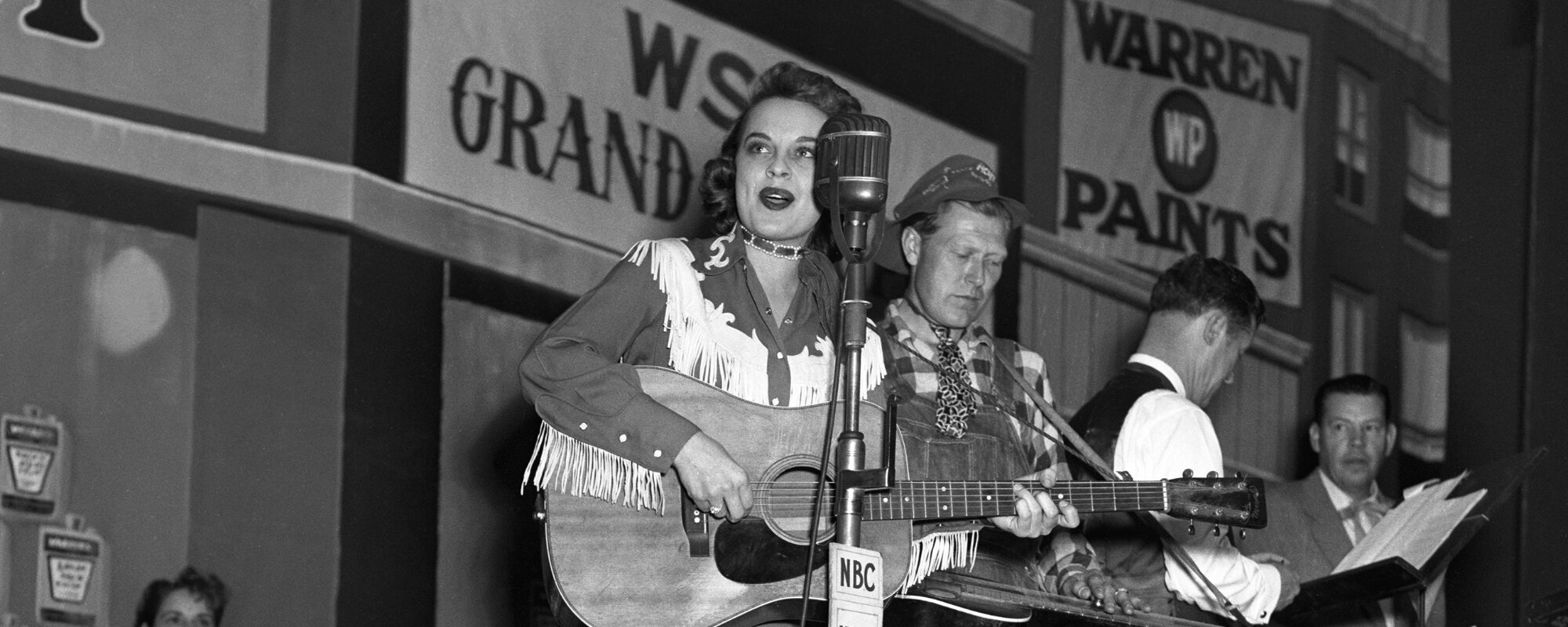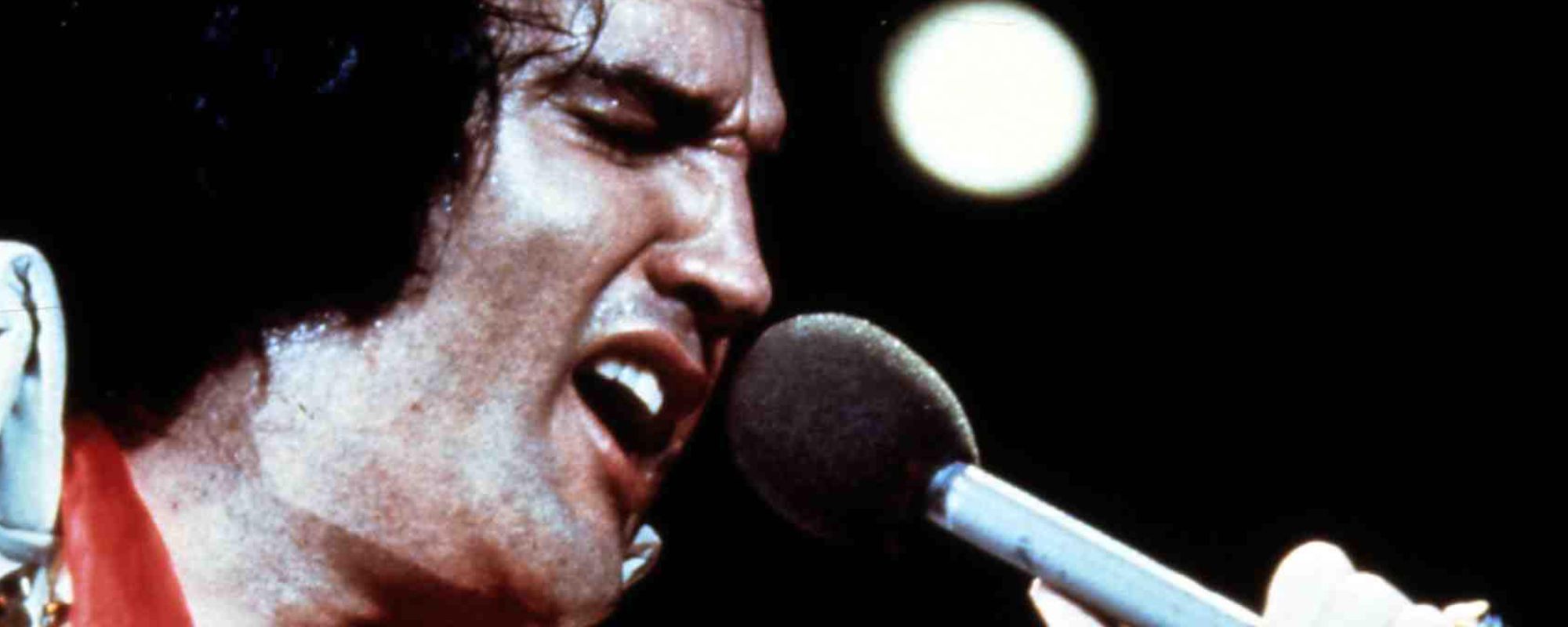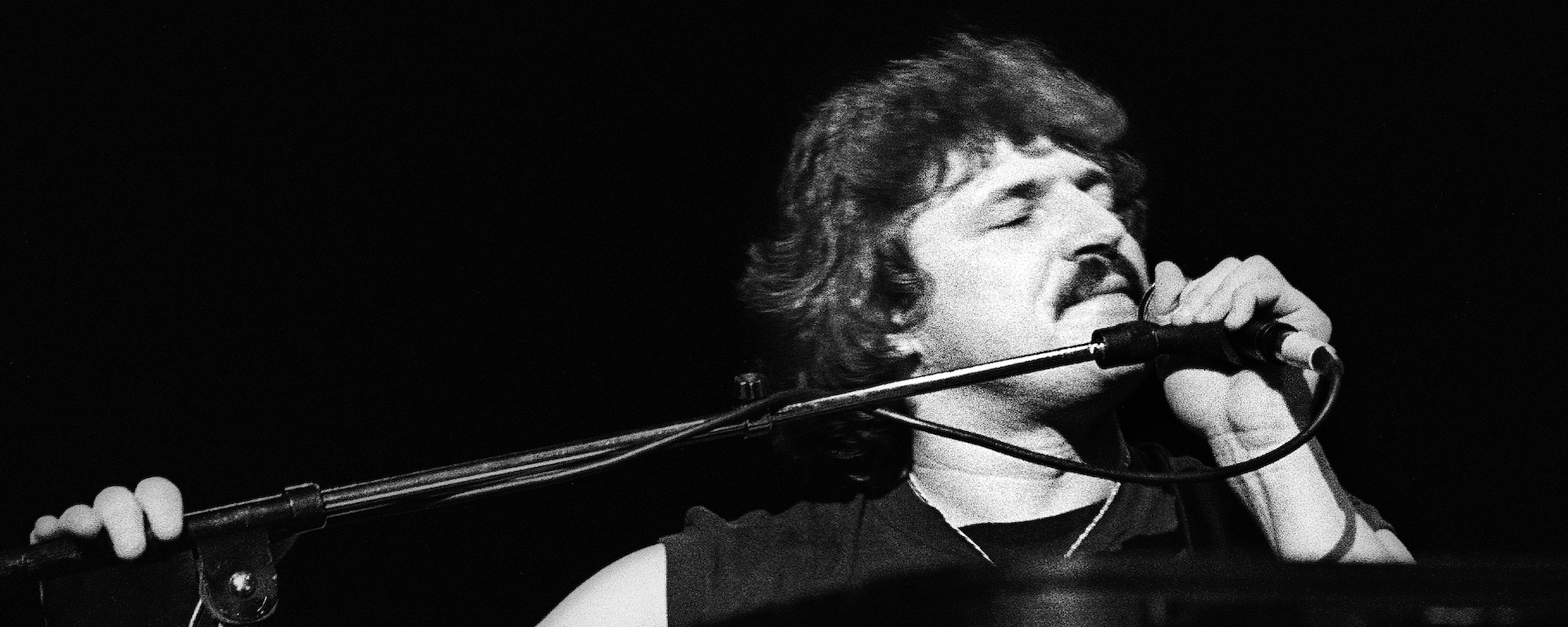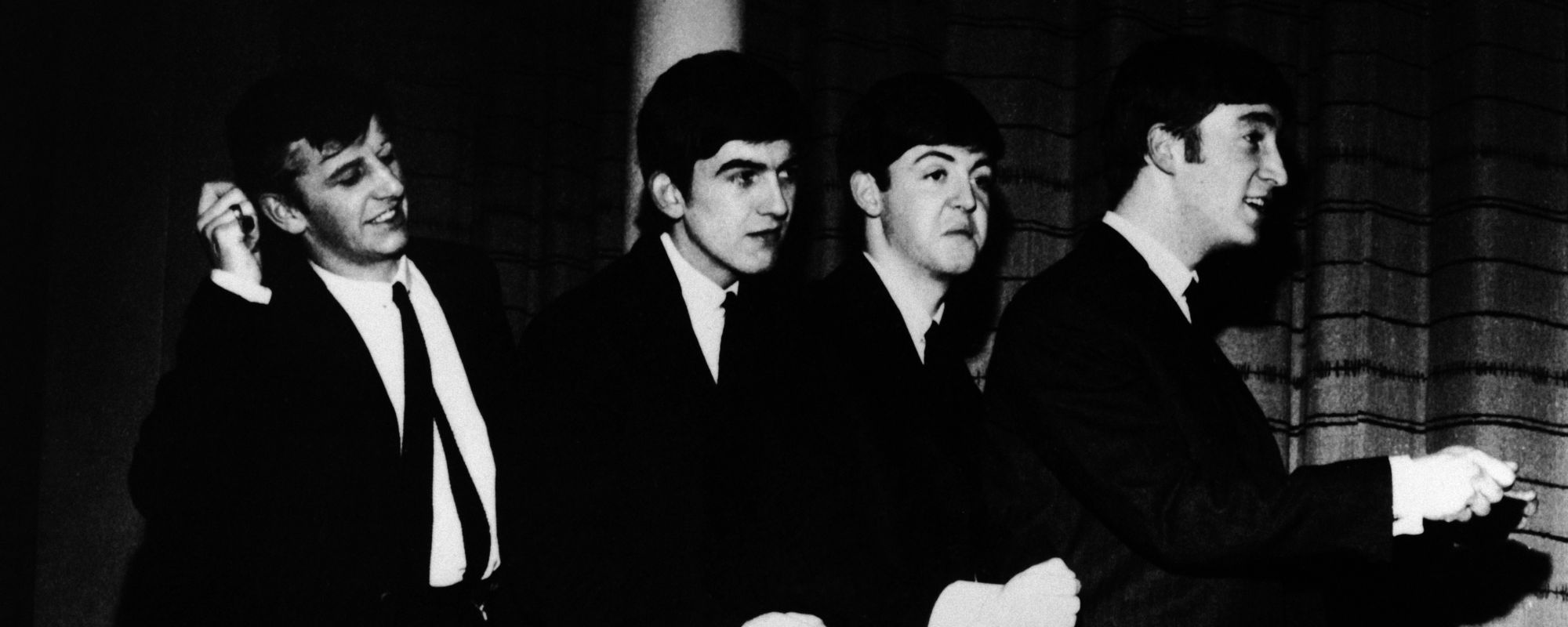Just because a song is an artist’s signature track, that doesn’t mean that they performed it first. In many cases, it was actually a cover.
Videos by American Songwriter
One can’t say “I Will Always Love You” without thinking of Whitney Houston, quote “Girls Just Want to Have Fun” without calling to mind Cyndi Lauper, or hear “R-E-S-P-E-C-T” without also hearing Aretha Franklin‘s soulful voice.
However, not one of those artists was the originator of their signature song. Keep reading for all the details about who sang the track first, and the artist that wound up making it a hit.
Whitney Houston’s Cover of Dolly Parton’s “I Will Always Love You”
In 1973, Dolly Parton decided it was time to strike out on her own and leave The Porter Wagner Show. The host was less sure about that decision, so Parton penned “I Will Always Love You” in tribute to him.
“I took it back to the office the next day. I said, ‘Porter, sit down. I’ve written something I think you need to hear.’ I started singing ‘I Will Always Love You,’ and he started crying,” Parton told The Tennessean in 2015. “When I finished, he said, ‘Well, hell! If you feel that strong about it, just go on — providing I get to produce that record because that’s the best song you ever wrote.’”
Parton’s version of the song twice topped the country charts, but the track became a mega hit in 1992 when Whitney Houston recorded it.
“The first time that I heard Whitney’s version of [the song], I just about wrecked my car,” Parton told the outlet. “… I was heading home, and all of a sudden, I had the radio on, and I just heard the a cappella part: ‘If I should stay…’ It kind of got my attention, but it hadn’t registered yet. And I thought, ‘What?’ All of a sudden, she went into the chorus, and I thought, ‘Oh my god! This is ‘I Will Always Love You!””
“I’ll never, ever, ever forget that,” she added. “My heart almost just popped. It was such an overwhelming feeling to hear it done so great, with such a great and huge production, and with her voice. That was amazing.”
The track became Houston’s signature song. It was a commercial success too, topping the Billboard Hot 100 chart for 14-straight weeks. Critics likewise took to Houston’s reworking of the track, and she won several GRAMMY Awards for it.
Cyndi Lauper’s Cover of Robert Hazard’s “Girls Just Want to Have Fun”
When Robert Hazard wrote “Girls Just Wanna Have Fun” in 1979, it was a rock song from the male perspective. When Lauper got her hands on the track, she decided she’d have to rework it lyrically in order to make it her debut single.
“[A] man wrote it, so imagine what it’s really about,” she said on The Big Interview in 2019. “There was a whole bridge…[that] was like, ‘Hey dad, we are the fortunate ones, nudge, nudge, ’cause girls they want to have fun.’…And I’m like, ‘And how am I supposed to write this? What am I supposed to get a lobotomy and be like a big dope?!’ I said, ‘I can’t do this.’”
So, she and Hazard hoped on a phone call to do just that, he told The Morning Call in 1986.
The changes worked and the song became a smash. The GRAMMY-nominated track became a feminist anthem that defined Lauper’s career.
Aretha Franklin’s Cover of Otis Redding’s “Respect”
In 1965, Otis Redding wrote and recorded “Respect” for his third album. The song did well, becoming a crossover hit for Redding.
However, when Aretha Franklin got her hands on it in 1967, the song really took off. She flipped the track’s gendered lyrics and turned it into a feminist anthem. Also, she added the now iconic line in which she spells out “R-E-S-P-E-C-T,” something that didn’t appear in Redding’s version.
“I don’t think it’s bold at all,” she told the Detroit Free Press in 2017 of the song’s lyrics. “I think it’s quite natural that we all want respect—and should get it.”
The track topped the Billboard Hot 100 and earned Franklin two GRAMMYs. As for how Redding felt about Franklin’s success with the song, his biographer, Mark Ribowsky, told NPR “he didn’t like it.”
“He comes onstage and he goes, ‘This next song is a song that a girl took away from me,’” Ribowsky recalled of Redding’s comments at the Monterey Pop Festival in 1967. “But he says it with the Otis charm, a little glint in the eye. And Otis couldn’t begrudge her that.”
Photo by Frederic REGLAIN/Gamma-Rapho via Getty Images













Leave a Reply
Only members can comment. Become a member. Already a member? Log in.